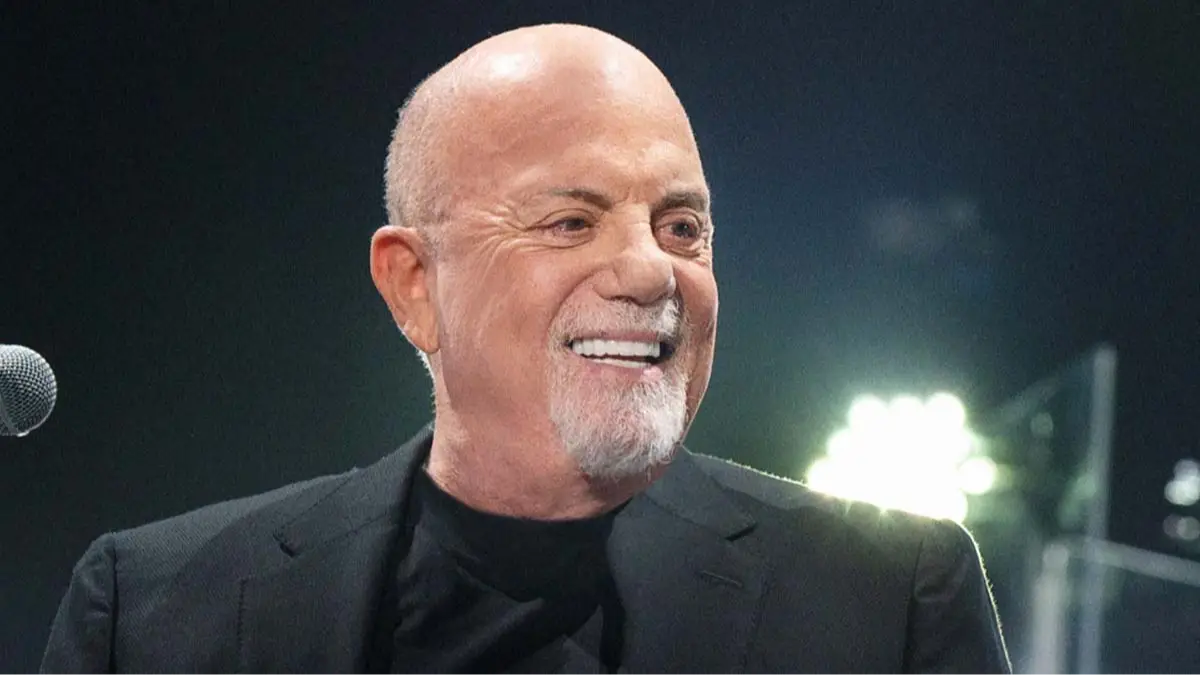
Singer Billy Joel has canceled all of his upcoming gigs after being diagnosed with a brain disorder most common in those aged 65+.
The 76-year-old has called off 17 dates across 2025 and 2026, including two dates in the UK after doctors told the artist he should stop live performances.
Known for known for classic hits such as 'Piano Man', 'Uptown Girl' and 'We Didn't Start the Fire', fans will be disappointed by the news, but it is of course important Joel now receives the treatment he needs.
The New Yorker has been diagnosed with Normal Pressure Hydrocephalus (NPH), a condition that affects about 0.2 percent of people between the ages of 70 and 80, according to the Cleveland Clinic.
Advert
Joel's team issued a statement which detailed his diagnosis on Instagram on Friday (May 23).

It read: "Billy Joel has announced that he will be cancelling all scheduled concerts following a recent diagnosis of Normal Pressure Hydrocephalus (NPH). This condition has been exacerbated by recent concert performances, leading to problems with hearing, vision, and balance.
"Under his doctor's instructions, Billy is undergoing specific physical therapy and has been advised to refrain from performing during this recovery period.
"Billy is thankful for the excellent care he is receiving and is fully committed to prioritizing his health. He is grateful for the support from fans during this time and looks forward to the day when he can once again take the stage."
"I’m sincerely sorry to disappoint our audience and thank you for understanding," the singer added.
Symptoms of Normal Pressure Hydrocephalus (NPH)
Cleveland Clinic states trouble lifting your feet, steps being shorter and unsteady, plus freezing or walking uncertainly are all symptoms of NPH.
Other symptoms include mental and physical slowness, problems with memory, changes in emotional behavior, and even erectile dysfunction.

What causes NPH?
There may actually be a connection to brain conditions such as Alzheimer's and dementia, Cleveland Clinic notes.
The health site states: "Researchers are continuing to explore exactly how and why NPH happens and whether or not other conditions can contribute to it. Answers to those questions could eventually help prevent or better treat this condition."
Conditions such as a brain aneurysm, brain tumours, infections of the brain and a person having a stroke can also cause NPH.
Thankfully, NPH is extremely treatable, including surgery that sees a device called a shunt to minimise the symptoms.
Treating NPH rarely involves any form of medications.
